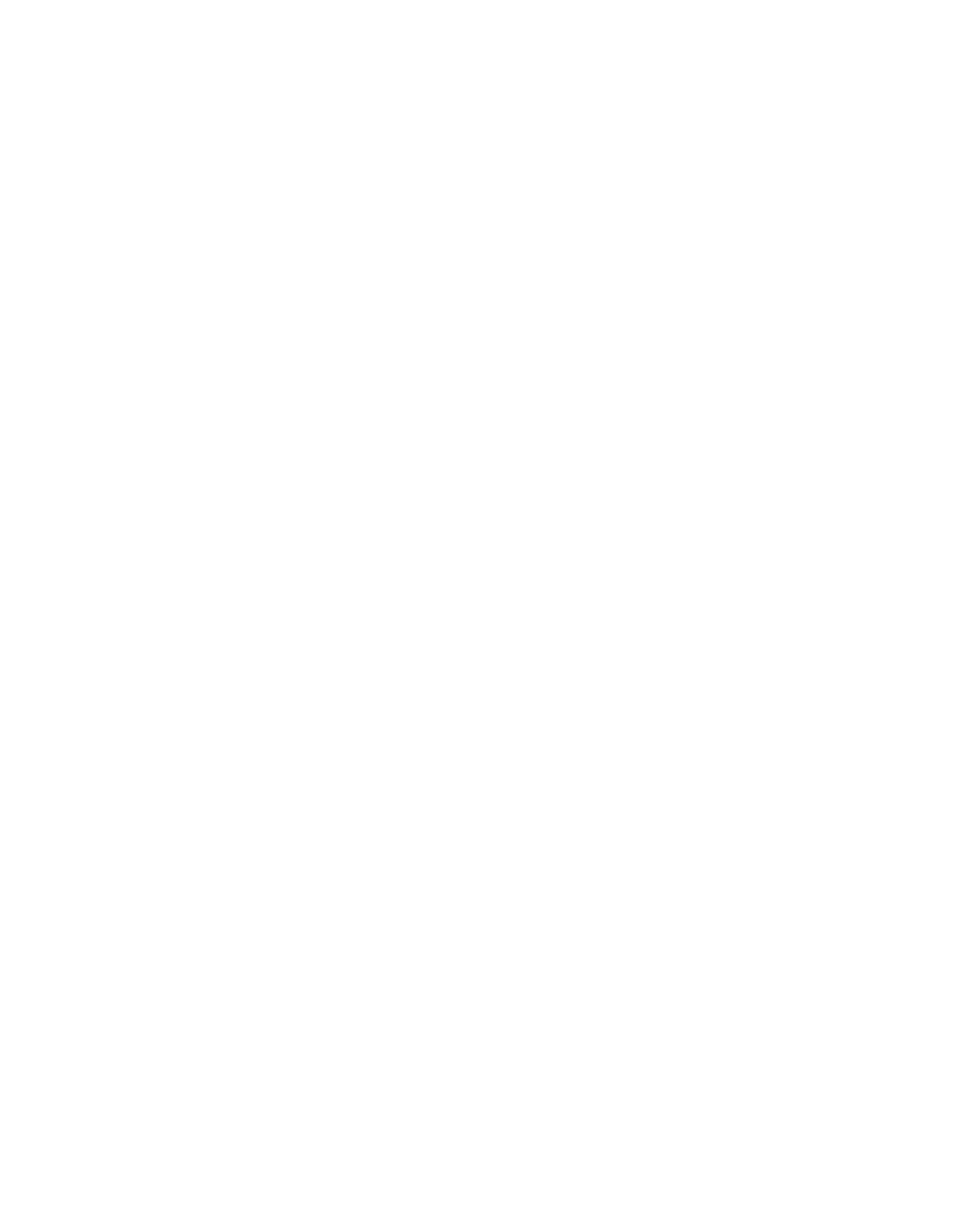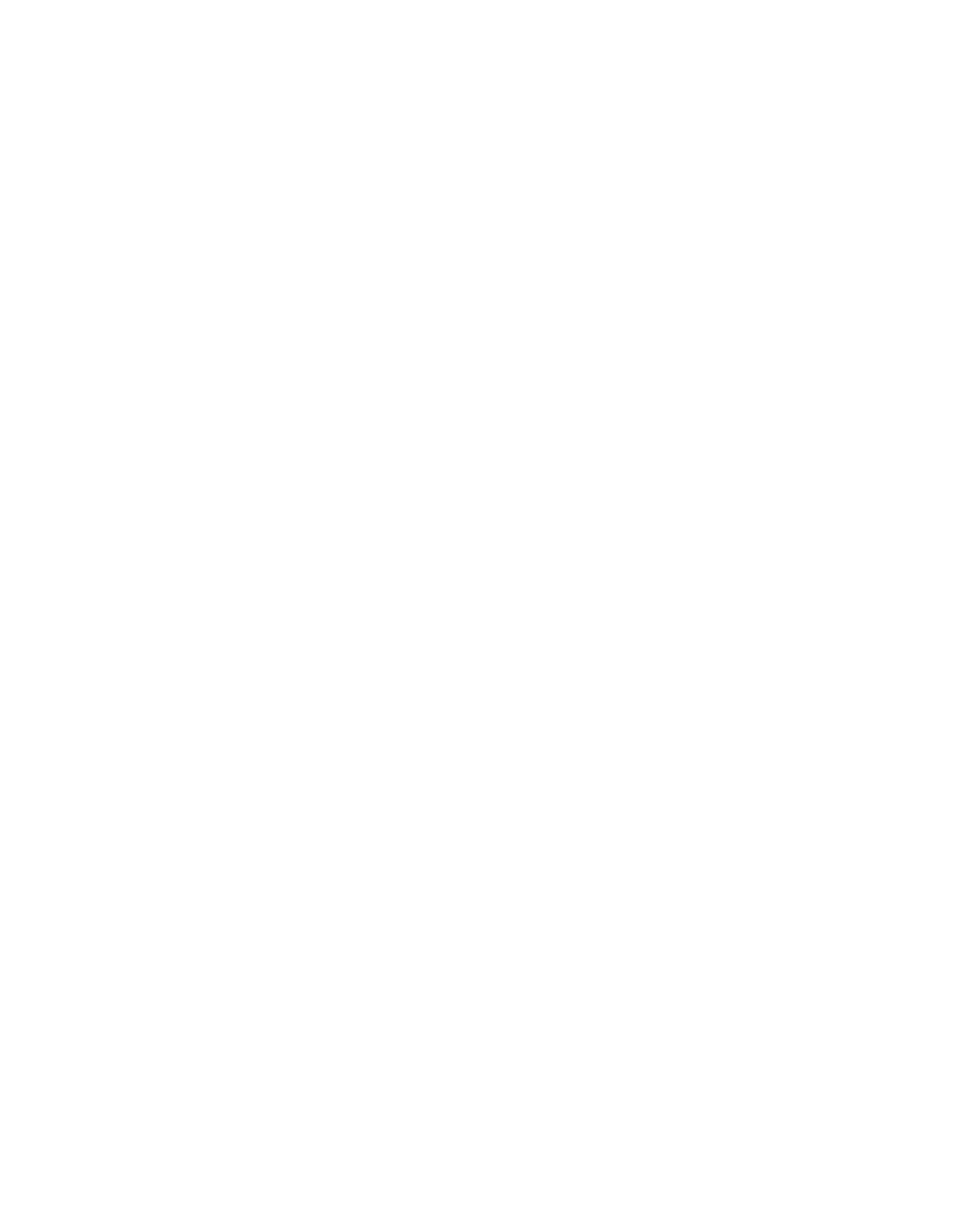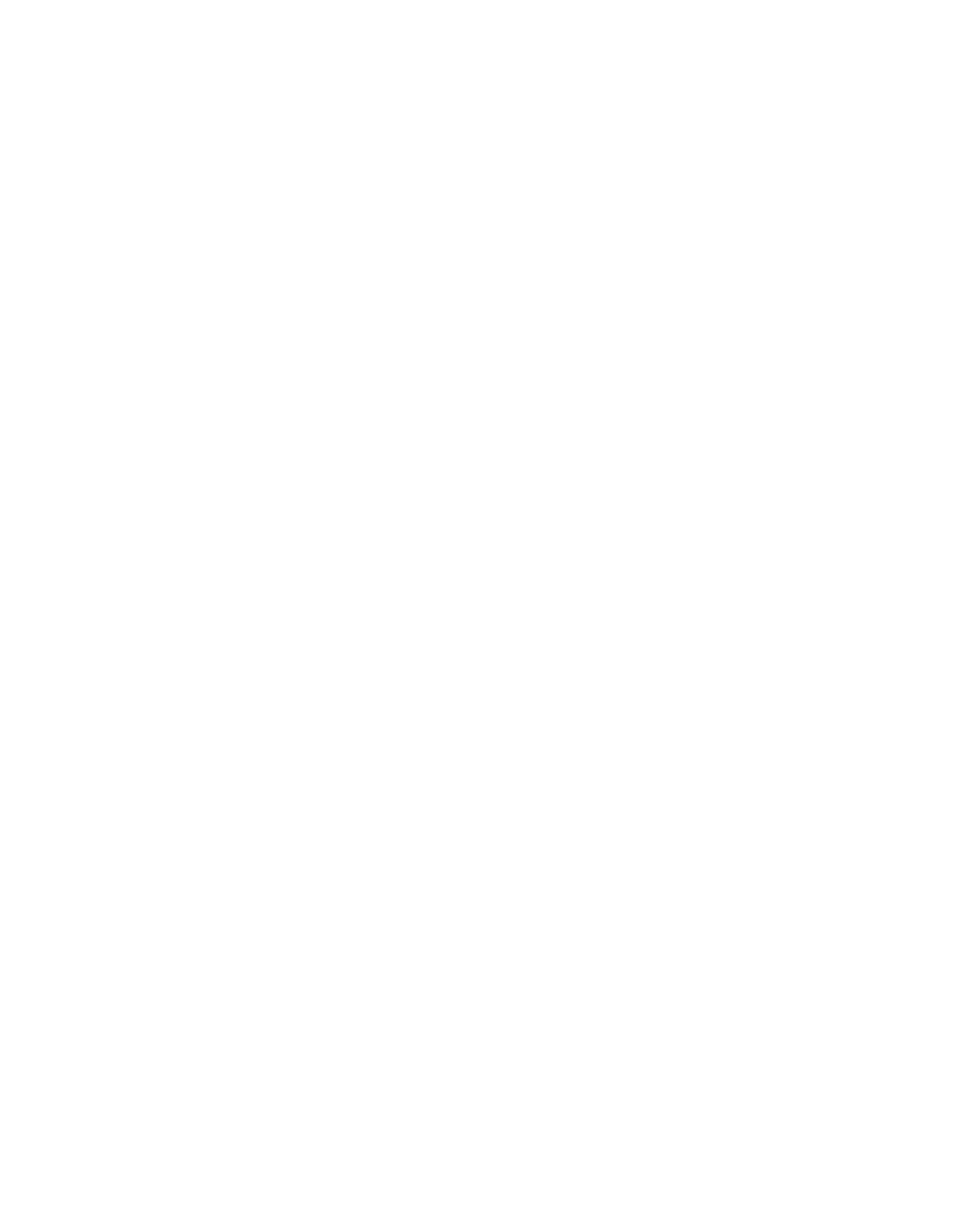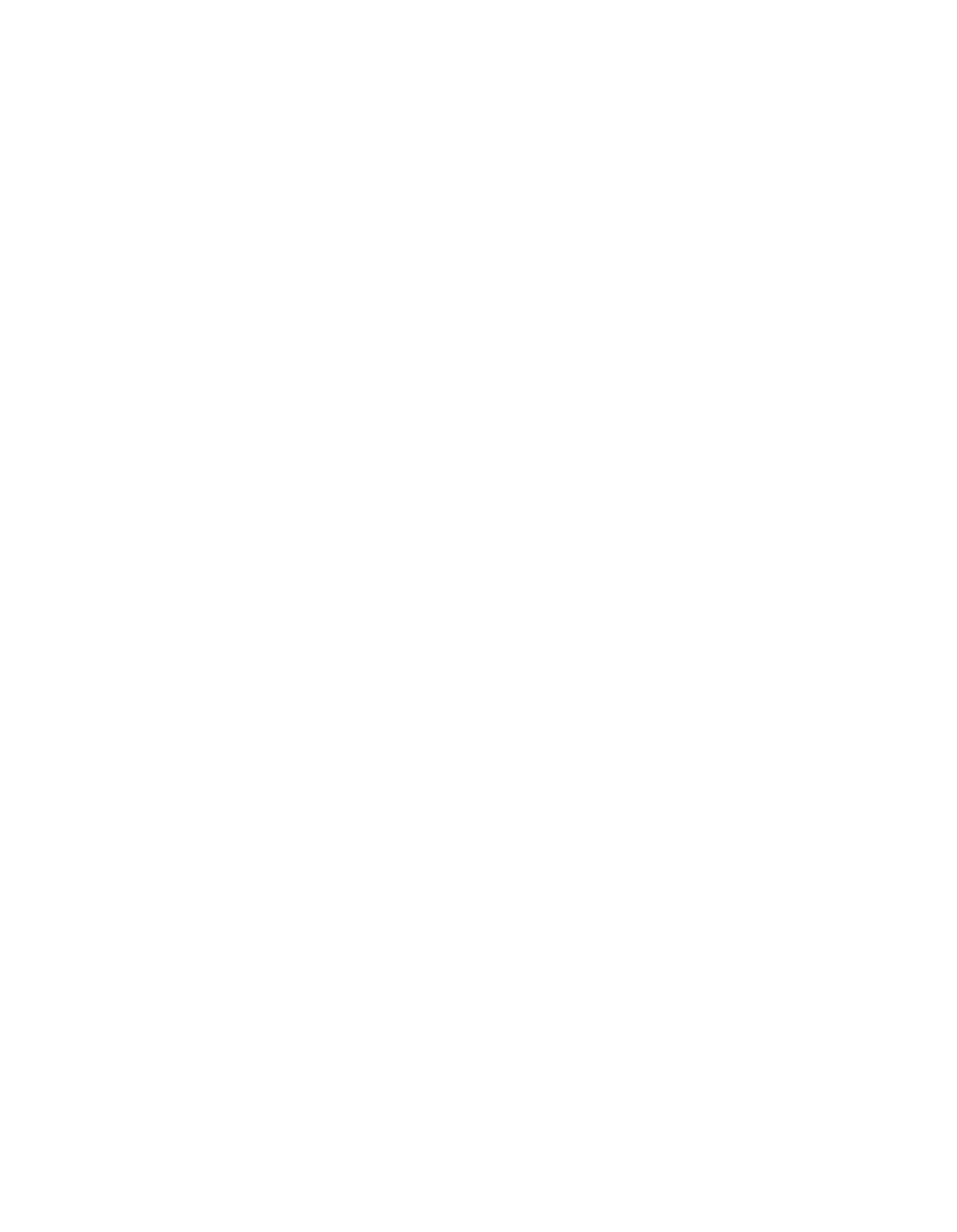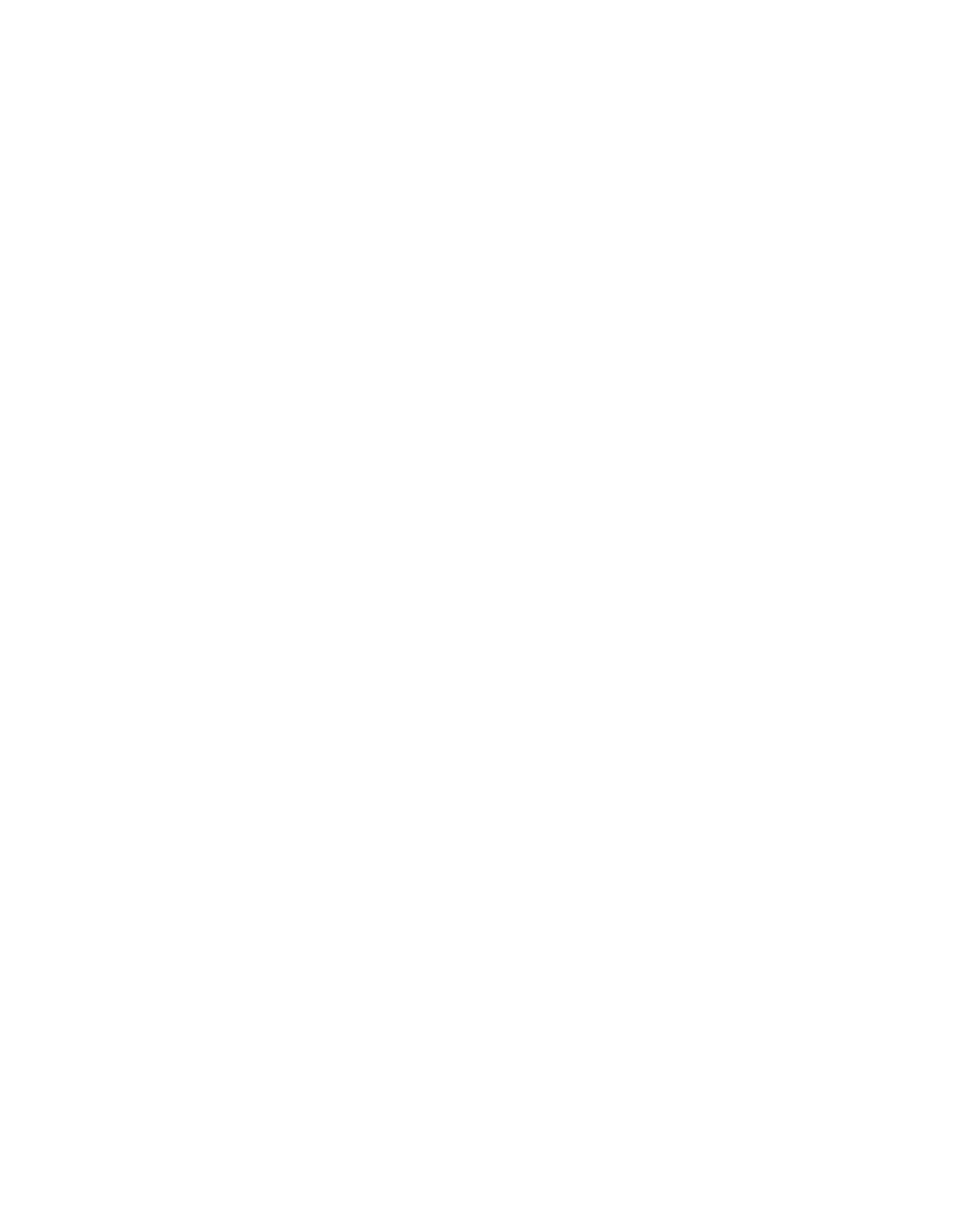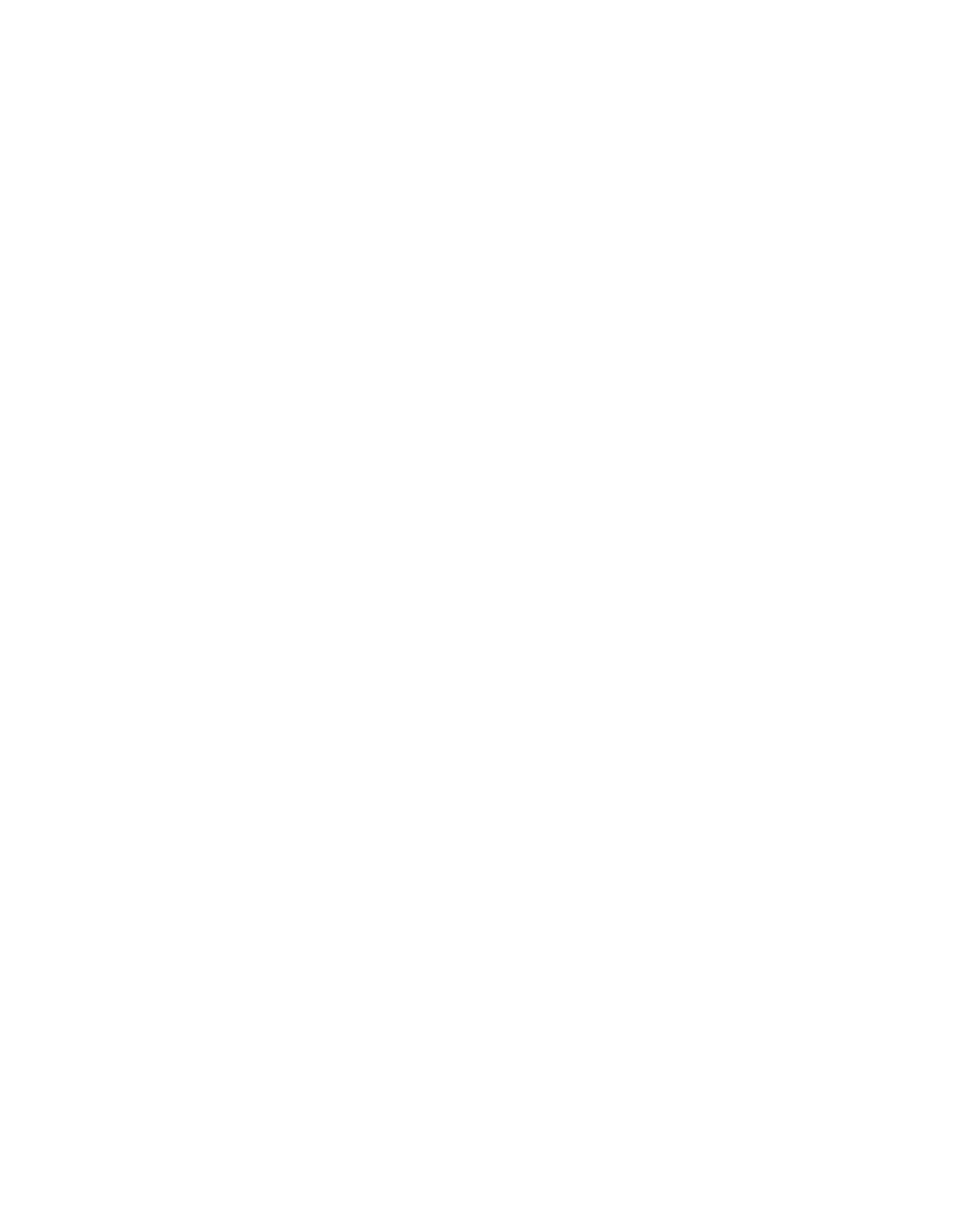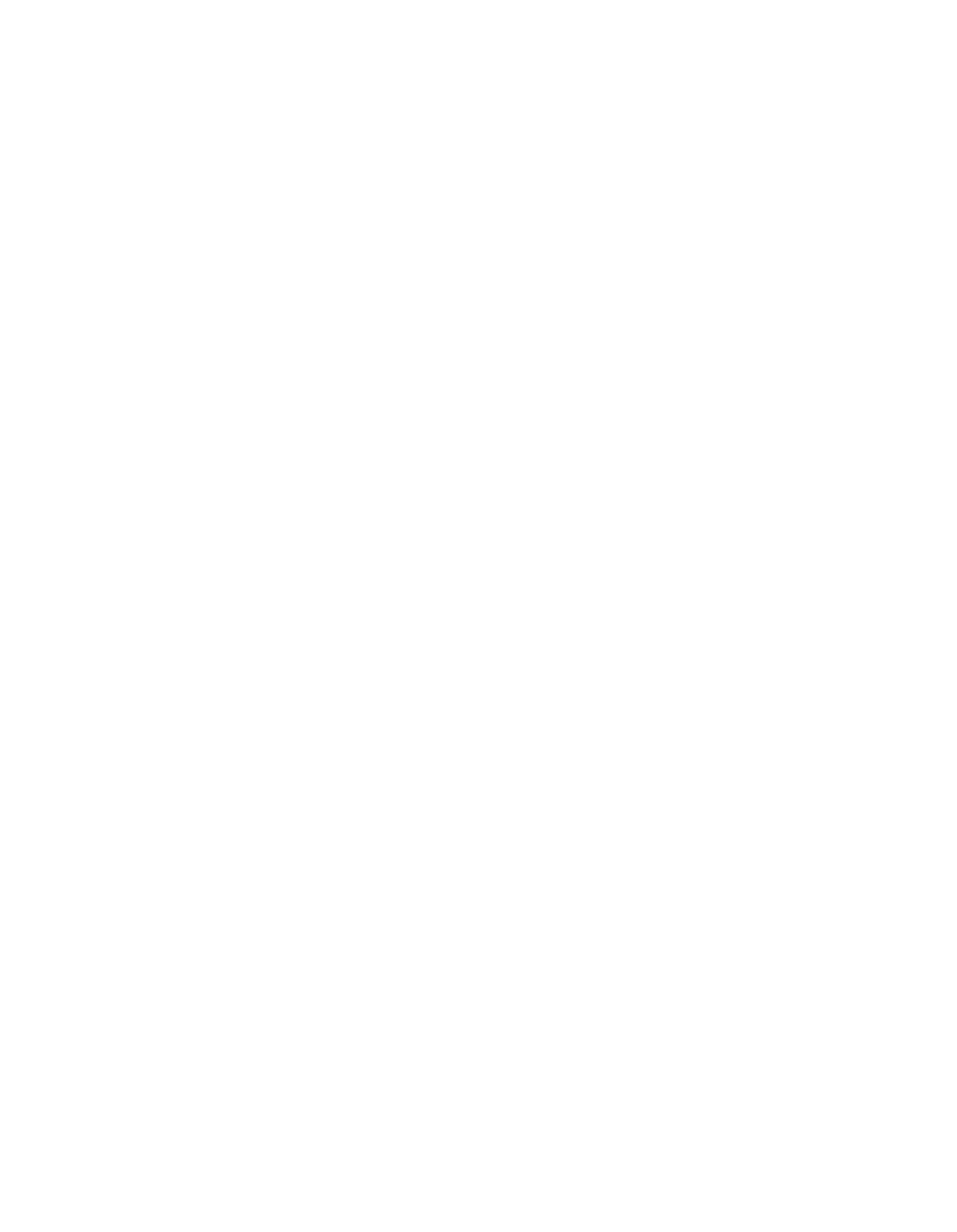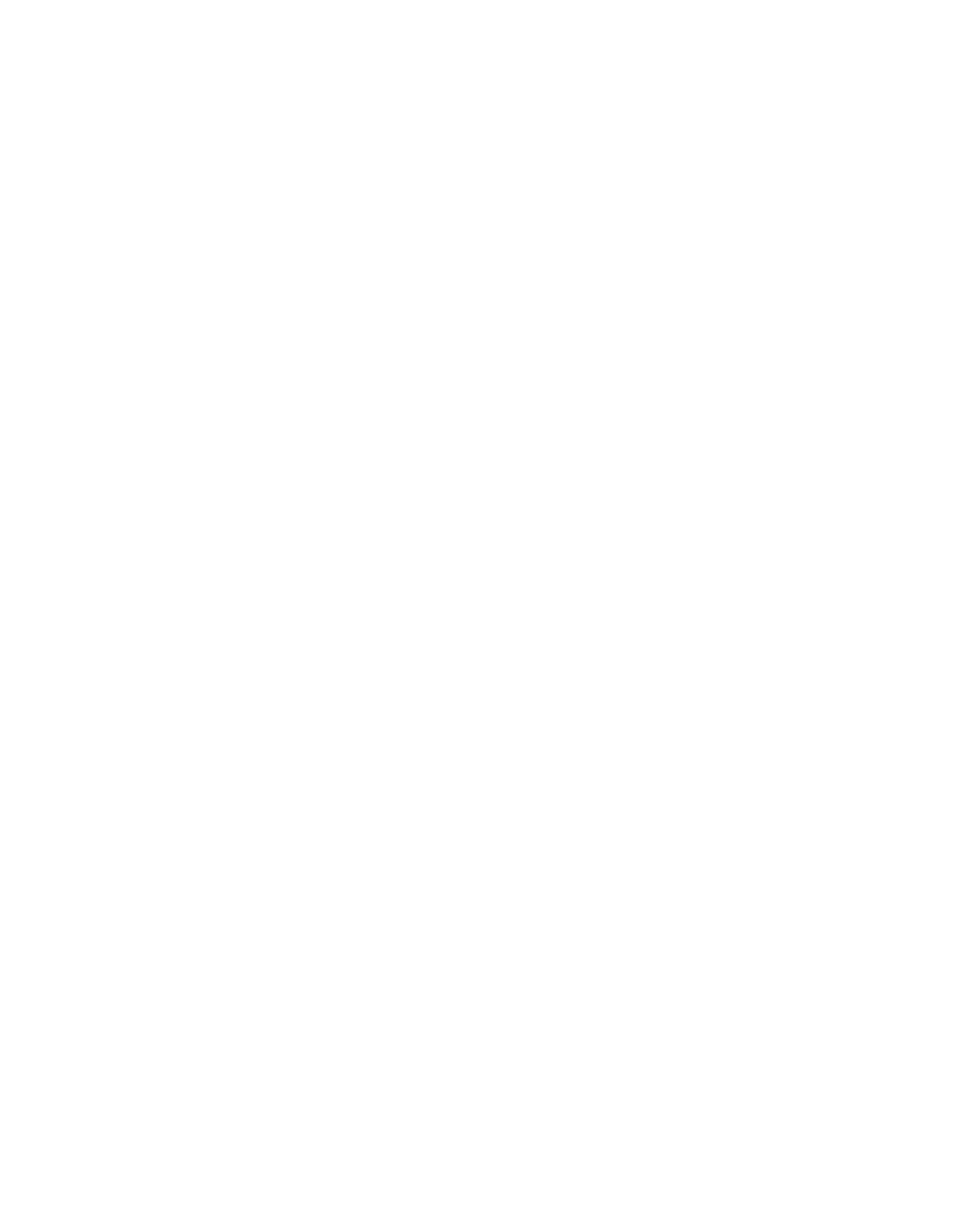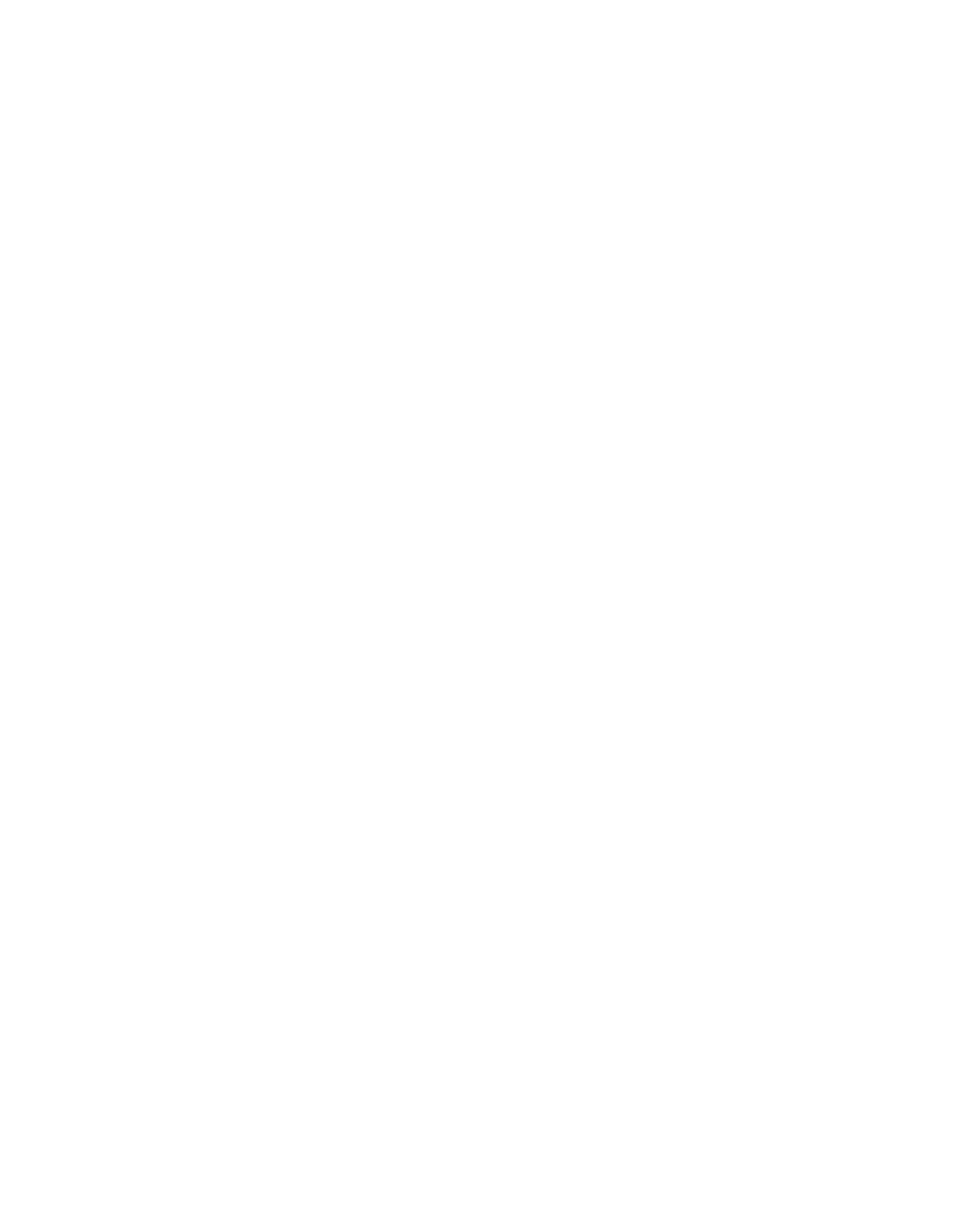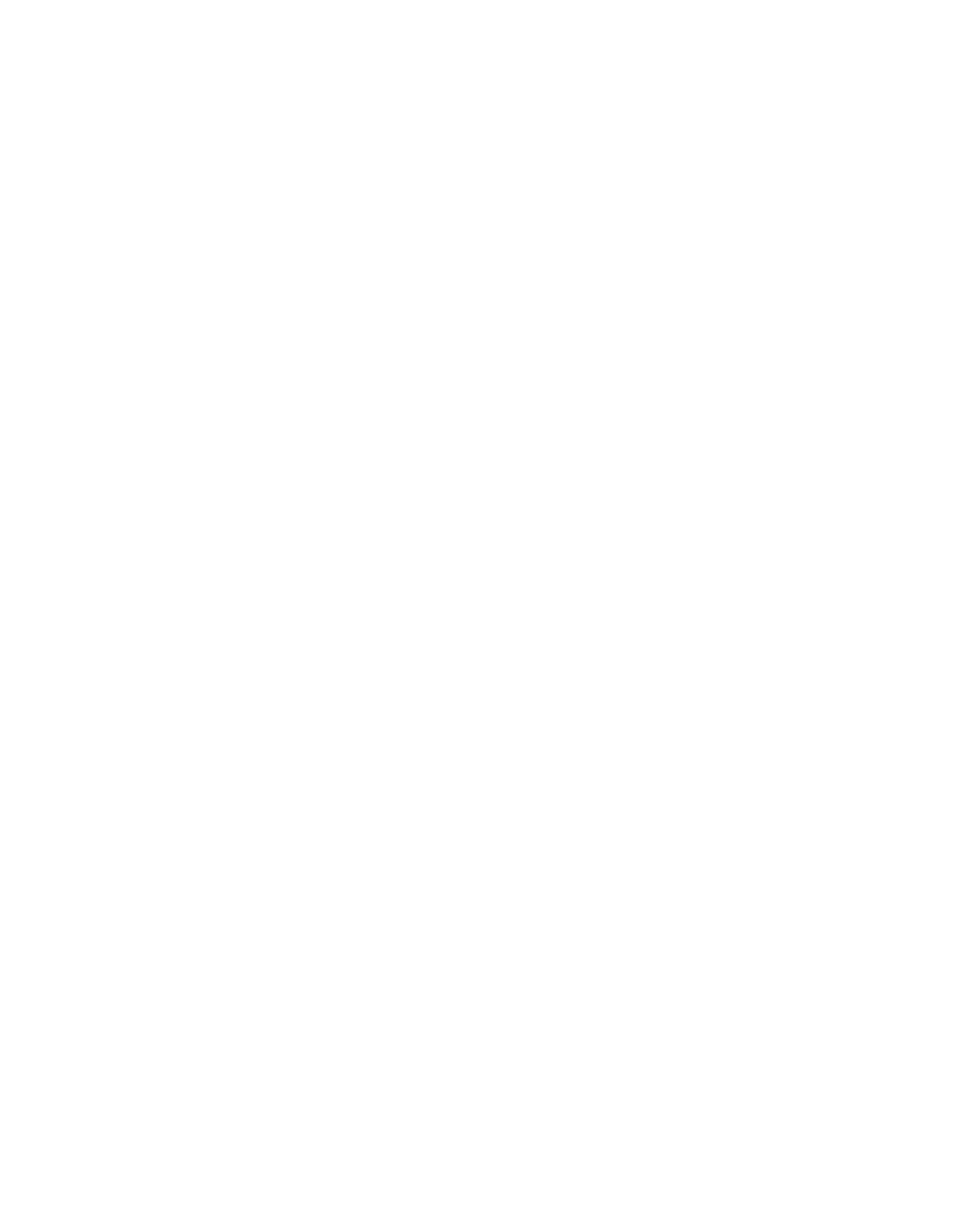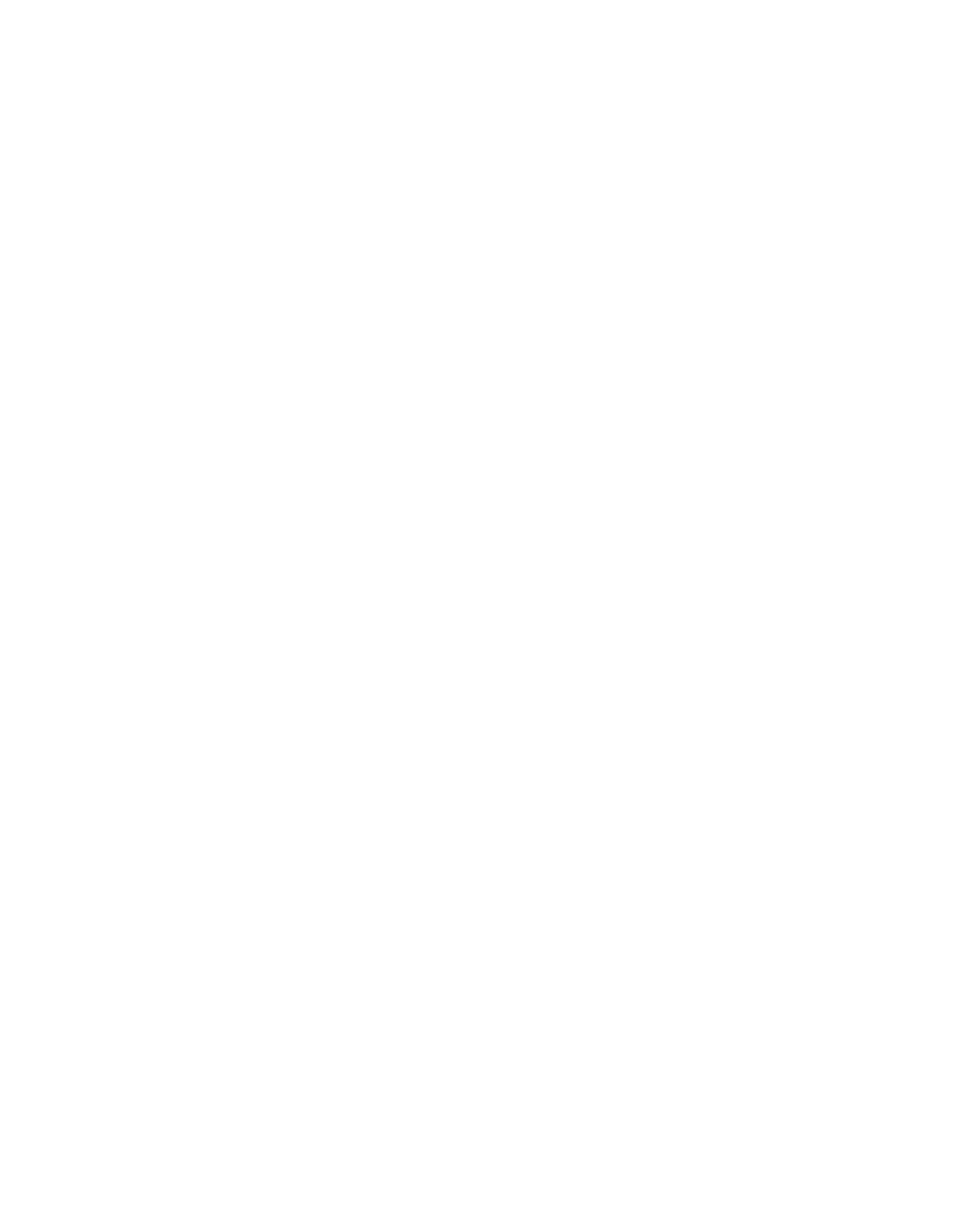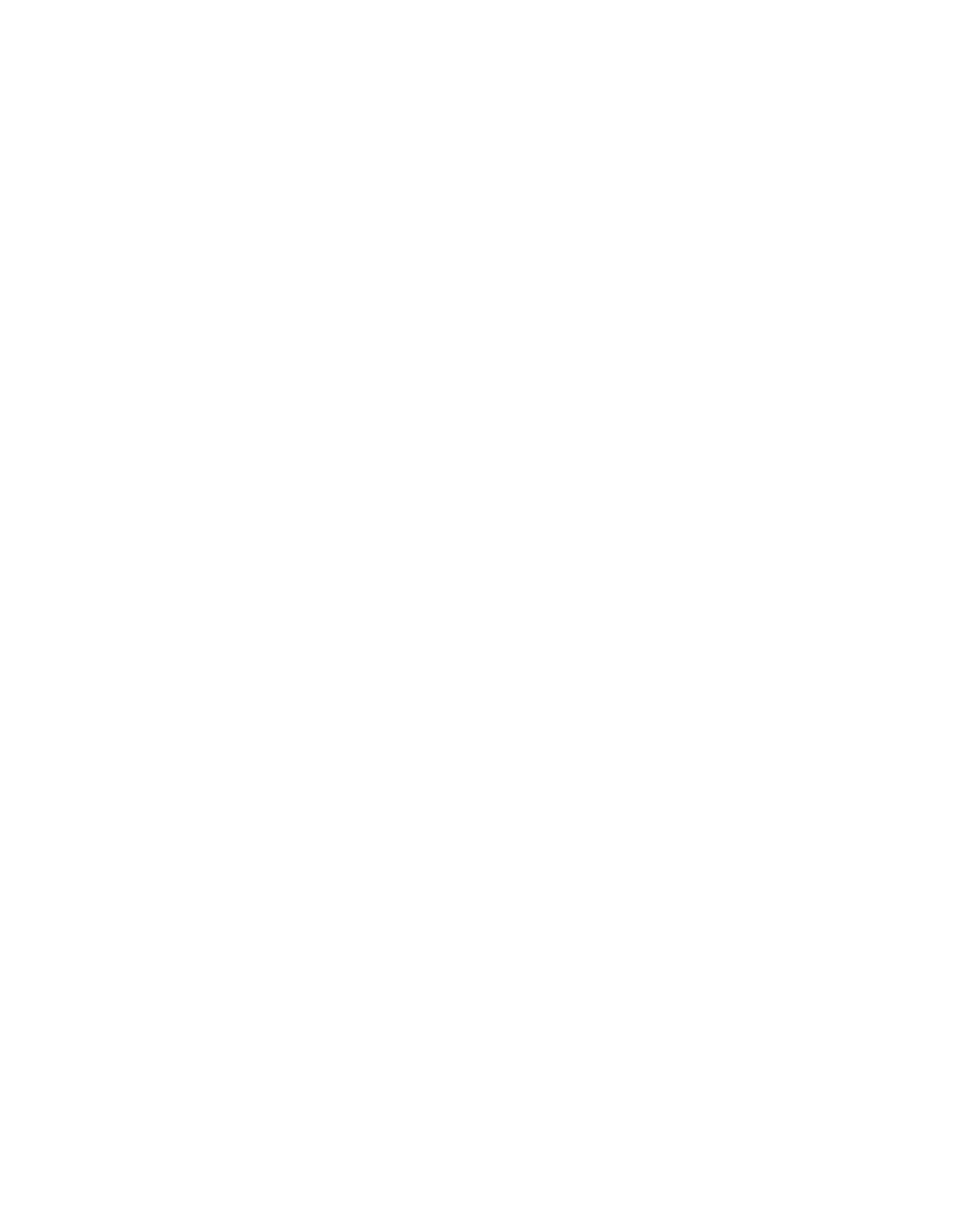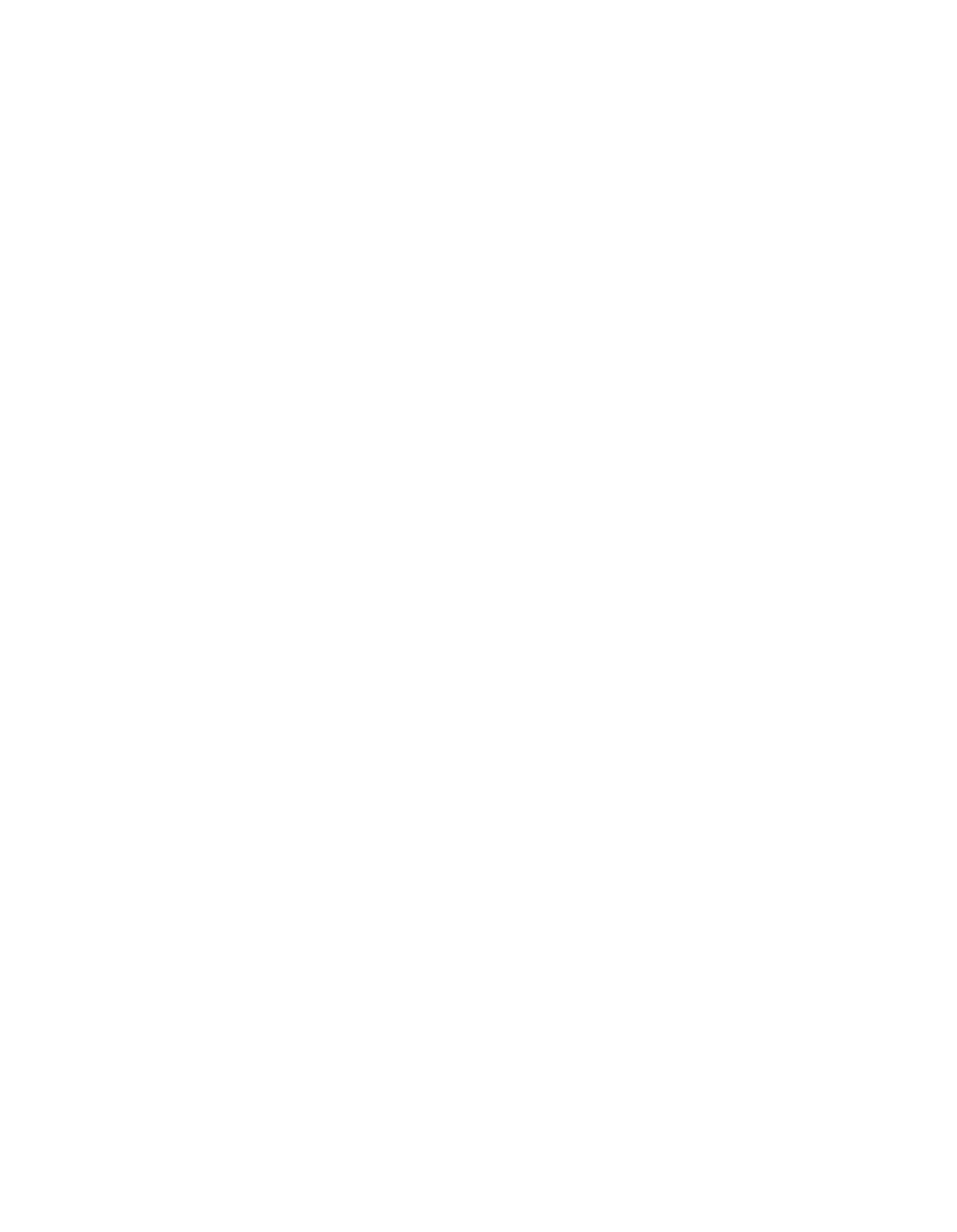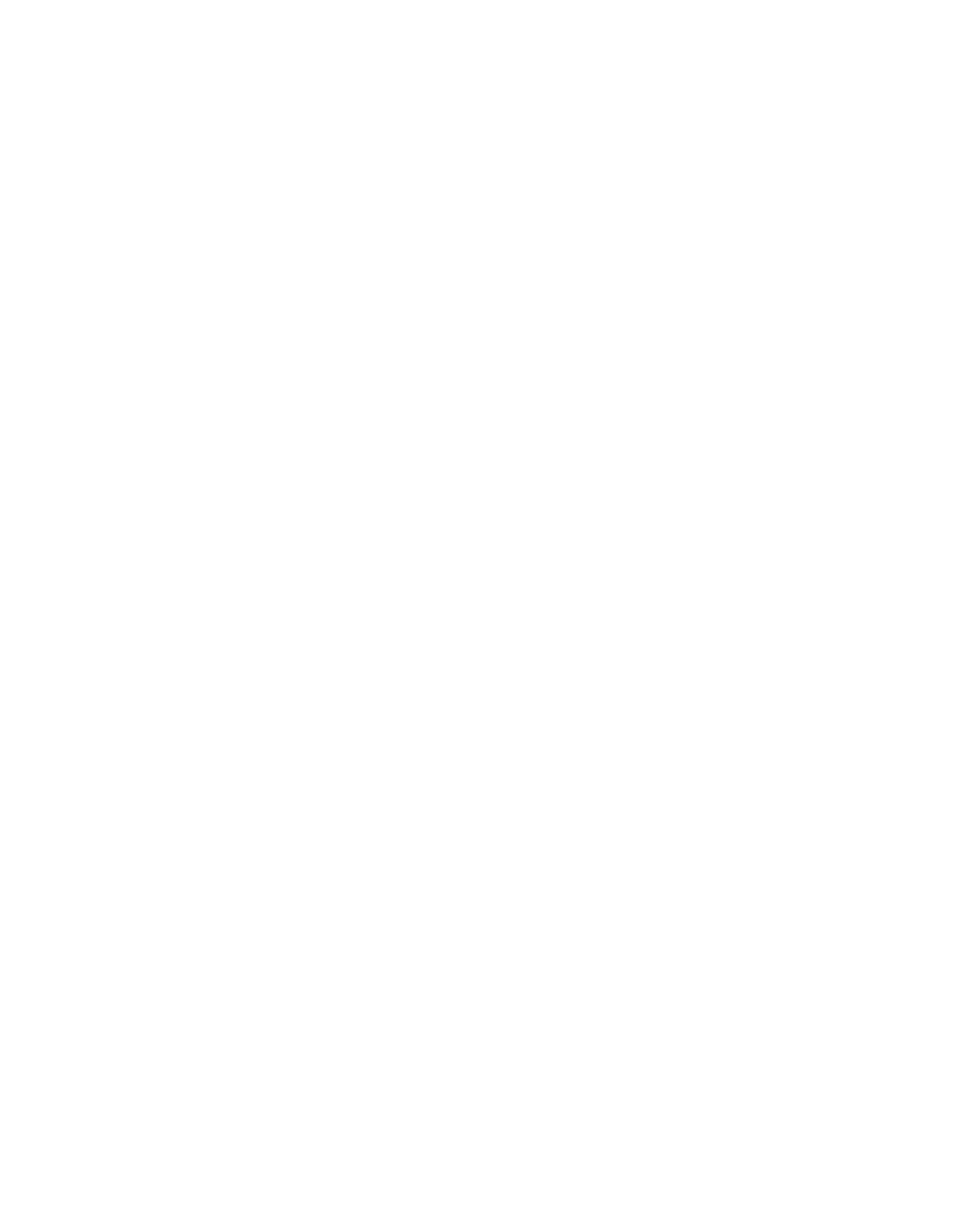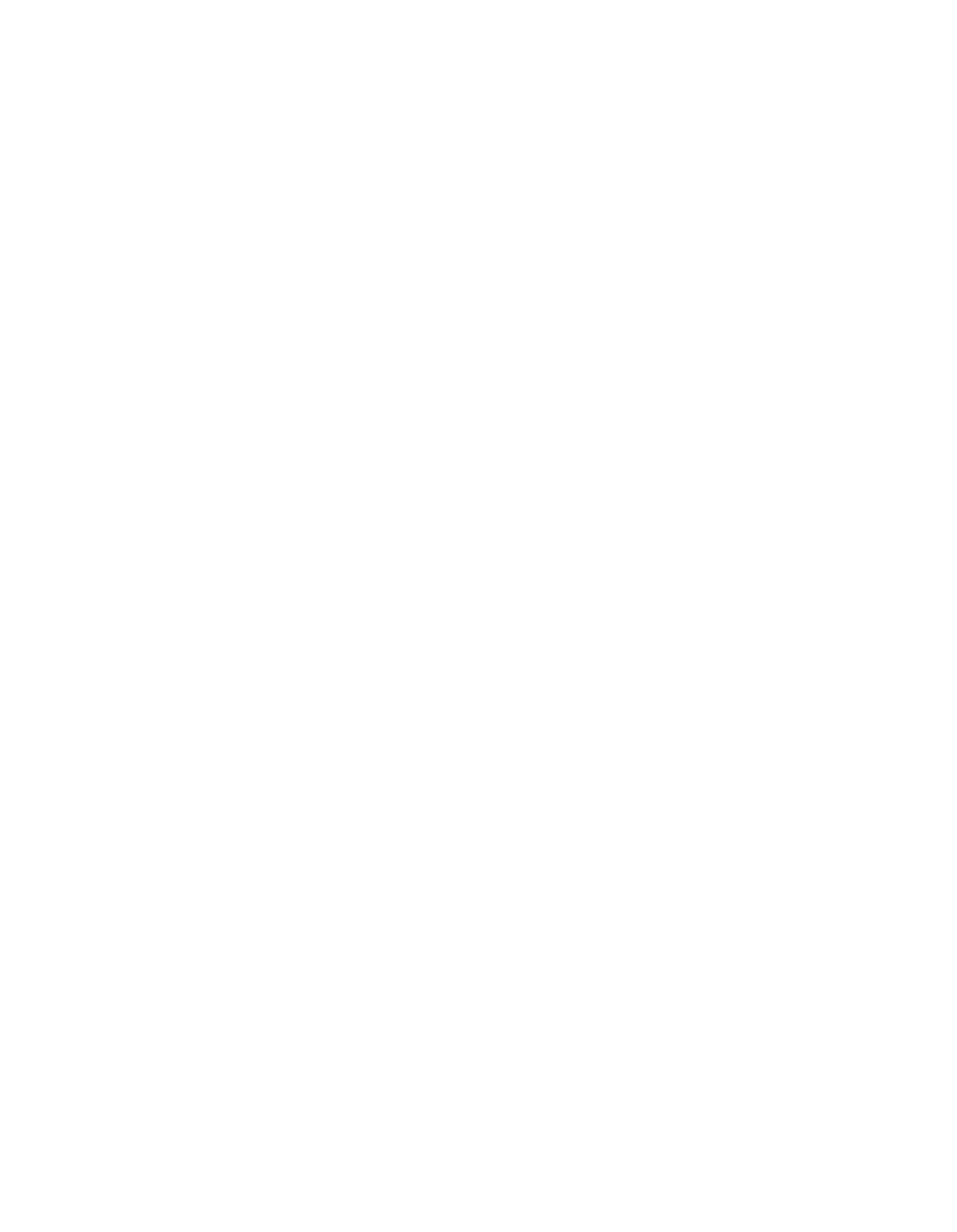ILLINOIS POLLUTION CONTROL BOARD
March 19, 1987
IN THE MATTER OF:
)
RCRA UPDATE, USEPA REGULATIONS
)
R86—46
(7—1—86 THROUGH 9—30—86)
)
PROPOSAL FOR PUBLIC COMMENT.
PROPOSED OPINION OF THE BOARD (by J. Anderson):
By a separate Order, pursuant to Section 22.4(a) of the
Environmental Protection Act (Act), the Board is proposing to
amend the RCRA regulations. In accordance with the RCRA
procedural rules (Section 102.202), the Board invites public
comment for 45 days after publication of the proposal in the
Illinois Register.
On October 9, 1986, the Board opened this docket for the
purpose of updating the RCRA rules to agree with recent USEPA
amendments.
Section 22.4(a) of the Act governs adoption of regulations
establishing the RCRA program in Illinois. Section 22.4(a)
provides for quick adoption of regulations which are “identical
in substance” to federal regulations. Neither Title VII of the
Act nor Section 5 of the Administrative Procedure Act applies to
rules adopted under Section 22.4(a). Because this rulemaking is
not subject to Section 5 of the Administrative Procedure Act, it
is not subject to review by the Joint Committee on Administrative
Rules (JCAR). The federal RCRA regulations are found at 40 CFR
260 through 270, and 280. This rulemaking updates Illinois’ RCRA
rules to correspond with federal amendments during the period
July 1 through September 30, 1986. The Federal Registers
utilized are as follows:
51 Fed Reg. 25350
July 11, 1986
51 Fed Reg. 25422
July 14, 1986
51 Fed Reg. 28295
August 6, 1986
51 Fed Reg. 28556
August 8, 1986
51 Fed Reg. 28663
August 8, 1986
51 Fed Reg. 29429
August 15, 1986
51 Fed Reg. 33612
September 22, 1986
HISTORY OF RCRA and UIC ADOPTION
The Illinois RCRA and UIC (Underground Injection Control)
rules, together with more stringent state rules particularly
applicable to hazardous waste, include the following:
702
RCRA and UIC Permit Programs
76-457
—2—
703
RCRA Permit Program
704
UIC Permit Program
705
Procedures for Permit Issuance
709
Wastestream Authorizations
720
General
721
Identification and Listing
722
Generator Standards
723
Transporter Standards
724
Final TSD Standards
725
Interim Status TSD Standards
726
Specific Wastes and Management Facilities
729
Landfills: Prohibited Wastes
730
UIC Operating Requirements
731
Underground Storage Tanks
Special procedures for RCRA cases are included in Parts 102,
103, 104 and 106.
Adoption of these rules has proceeded in several stages.
The Phase I RCRA rules were adopted and amended as follows:
R8l—22 45 PCB 317, February 4, 1982, 6 Ill. Reg. 4828,
April 23, 1982.
R82—18 51 PCB 31, January 13, 1983, 7 Ill. Reg. 2518,
March 4, 1983.
Illinois received Phase I interim authorization on May 17,
1982 (47 Fed. Reg. 21043).
The UIC rules were adopted as follows:
R8l—32 47 PCB 93, May 13, 1982; October 15, 1982, 6 Ill.
Reg. 12479.
The UIC rules were amended in R82—l8, which is referenced
above. The UIC rules were also amended in R83—39:
R83—39 55 PCB 319, December 15, 1983; 7 Ill. Reg. 17338,
December 20, 1983.
Illinois received UIC authorization February 1, 1984. The
Board has recently updated the UIC rules:
R85—23 June 19, 1986; 10 Ill. Reg. 13274, August 8, 1986.
The Phase II RCRA rules included adoption of Parts 703 and
724, which established the permit program and final TSD
standards. The Phase II rules were adopted and amended as
follows:
R82—l9 53 PCB 131, July 26, 1983, 7 Ill. Reg. 13999,
October 28, 1983.
76-458
—3—
R83—24 55 PCB 31, December 15, 1983, 8 Ill. Reg. 200,
January 6, 1984.
On September 6, 1984, the Third District Appellate Court
upheld the Board’s actions in adopting R82—l9 and R83—24.
(Commonwealth Edison et al. v. IPCB, 127 Ill. App. 3d 446; 468 NE
2d 1339 (Third Dist. 1984).)
The Board updated the RCRA rules to correspond with USEPA
amendments in several dockets:
R84—9
64 PCB 427, June 13, 1985; 9 Ill. Reg. 11964,
effective July 24, 1985.
R85—22 December 20, 1985 and January 9, 1986; 10 Ill. Reg.
968, effective January 2, 1986.
R86—l
July 11, 1986; 10 Ill. Reg. 13998, August 22,
1986.
R86—19 October 23, 1986; 10 Ill. Reg. 20630, December 12,
1986.
R86—28 February 5 and March 5, 1987.
R86—46 This Docket.
Illinois received final authorization for the RCRA program
effective January 31, 1986.
The Board added to the federal listings of hazardous waste
by listing dioxins pursuant to Section 22.4(d) of the Act:
R84—34 61 PCB 247, November 21, 1984; 8 Ill. Reg. 24562,
effective December 11, 1984.
This was effectively repealed by R85—22, which included
adoption of USEPA’s dioxin listings.
The Board has procedures to be followed in cases before it
involving the RCRA rules:
R84—lO 62 PCB 87, 349, December 20, 1984 and January 10,
1985; 9 Ill. Reg. 1383, effective January 16,
1985.
The Board also adopted in Part 106 special procedures to be
followed in certain determinations. Part 106 was adopted in R85—
22, which is listed above.
The Board has also adopted requirements limiting and
restricting the landfilling of liquid hazardous waste, hazardous
wastes containing halogenated compounds and hazardous wastes
generally:
76-459
—4—
R81—25 60 PCB 381, October 25, 1984; 8 Ill. Reg. 24124,
December 4, 1984;
R83—28 February 26, 1986; 10 Ill. Reg. 4875, effective
March 7, 1986.
R86—9
Emergency rules adopted October 23, 1986; 10 Ill.
Reg. 19787, effective November 5, 1986.
The Board’s action in adopting emergency rules in R86—9 was
reversed (CBE and IEPA v. IPCB et al., First District, January
26, 1987).
DETAILED DISCUSSION
The USEPA amendments involved in this update are summarized
as follows:
51 FR
1986
25350
July 11
Liability insurance
25422
July 14
Tank systems
28295
August 6
Corrections to listings
28556
August 8
Corrections to biennial reporting
requirement
28663
August 8
Exports of hazardous waste
29429
August 15
Corrections to tank systems rules
33612
September 22 Correction to listing of spent
pickle liquor
Most of the amendments are drawn from the July 14 tank
systems rules. The second largest set are drawn from the August
8 requirements concerning exports of hazardous waste to other
countries. The July 11 rules add a corporate guarantee mechanism
as an alternative to liability insurance.
Section 703.155
This Section is drawn from 40 CFR 270.72, which was amended
at 51 Fed. Req. 25471. Operators of interim status facilities
are allowed, without filing a permit application, to modify tank
systems to meet the new requirements discussed below in
connection with Section 725.293.
Section 703.183
This Section is drawn from 40 CFR 270.14, which was amended
at 51 Fed. Reg. 25471. The amendments modify the contents of the
general Part B application to request information related to the
new requirements for tank systems.
Section 703.202
This Section is drawn from 40 CFR 270.16, which was amended
at 51 Fed. Reg. 25471. The portion of the application relating
7~-46O
—5.-
specifically to tank systems has been largely replaced. Section
703.202(h) deals with alternative design and operating practices
for tank systems. As is discussed below, the Board will grant
alternatives pursuant to a petition for adjusted standards.
Section 703.202(h)(3) has been added to require the permit
applicant to include a copy of the Board Order granting an
adjusted standard, or a copy of the petition if the matter is
still pending.
Section 720.102 (Not amended)
This Section deals with confidentiality. USEPA amended its
confidentiality rule, 40 CFR 260.2, at 51 Fed. Reg. 28682, to add
specific provisions regarding confidentiality of information
supplied to the State Department regarding exports of hazardous
waste. The Board has not proposed an equivalent for two
reasons. First, exports will be primarily administered by USEPA,
as is discussed in connection with Section 722.150. Second, to
the extent the Agency may become involved in this,
confidentiality must be handled pursuant to 35 Ill. Adm. Code
120, as is already provided in Section 720.102.
Section 720.110
This Section is drawn from 40 CFR 260.10, which was amended
at 51 Fed. Reg. 25471. The amendments add definitions related to
tank systems. The following definitions have been added:
Aboveground tank, ancillary equipment, component, corrosion
expert, existing tank system, inground tank, installation
inspector, leak—detection system, new tank system, onground tank,
sump, tank system, underground tank, unfit—for—use tank system
and zone of engineering control.
Section 720.111
This Section incorporates by reference materials used in
Parts 720 through 725. It has no close counterpart in the CFR.
The Board has proposed to amend this Section by adding references
to several items used in the new requirements for tank systems.
The Administrative Procedure Act (APA) requires that the
Board limit incorporations by reference to materials readily
available to the public, that it provide sufficient information
for the public to find the documents and that it not incorporate
future amendments or editions. The Board has proposed to comply
with the APA requirements.
The Board has consolidated the incorporations into a single
Section, which is referenced when the incorporations are used in
the other rules. The Board has to include with incorporations
more information than USEPA. It is more efficient to provide
this one time, rather than repeating it throughout the rules.
76-461
—6—
Most of the incorporations are standards set by industry or
standards organizations. The standards are known by the initials
of the organization, such as ANSI, API and ASTM. The Board has
proposed to rearrange this Section into an alphabetical list of
organizations by initials. This allows the Board to shorten the
Section since it is not necessary to repeat the full names and
addresses of the organizations, some of which have several
standards used. The Board solicits comment on the organization
of this Section, and on the additional information which has been
added to the incorporations.
The Board has added the statement, now required by the APA,
that the incorporations include no future editions or
amendments. The Board has proposed to delete the availability
statements concerning the Federal Register Office and the
Illinois State Library. USEPA has not indicated whether the
newly incorporated material has in fact been deposited in the
Federal Register Office. Since these statements are not
necessary, the Board has proposed to delete them.
Section 721.104
This Section is drawn from 40 CFR 261.4, which was amended
at 51 Fed. Reg. 25471. The amendment to Section 72l.104(a)(8)
adds an exclusion for secondary materials that are reclaimed and
returned to the original production process where storage occurs
in a closed tank system.
Section 721.105
This Section is drawn from 40 CFR 261.5, which was amended
at 51 Fed. Reg. 28682. Small quantity generators will no longer
be conditionally exempt if they export hazardous waste to other
countries.
Section 721.106
This Section is drawn from 40 CFR 721.6, which was amended
at 51 Fed. Reg. 28682. The exclusion for reclaimed ethanol under
Section 72l.106(a)(3)(A) may be subject to the new provisions
regarding exports of hazardous waste.
Section 721.132
This Section is drawn from 40 CFR 261.32, which was amended
at 51 Fed. Reg. 33612. This again modifies the definition of
K062, spent pickle liquor. This listing is now defined in terms
of waste from facilities within SIC Codes 331 and 332. The Board
has added a reference to the definition of “SIC Code” which was
added to Section 720.110 in a prior rulemaking. The definition
in turn refers to Section 720.111, which includes full
information required under the APA. The Board solicits comment
as to whether the edition cited is the same edition currently
used by USEPA.
76-462
—7—
Section 721.133 and Appendix H
These are drawn from 40 CFR 261.33 and Appendix VIII which
were amended at 51 Fed. Reg. 2829B. USEPA has proposed to
correct several listings, and to add Chemical Abstracts reference
numbers to the listings.
The USEPA publication is supposed to make no substantive
changes. It includes a table which purports to list the changes
to the listings, and also the listings as modified. However, on
careful examination, not all of the changes in the table have
actually been made to the listings as published. Furthermore,
the changes indicated in the table comprise only about 5 of the
changes which have actually been made. The Board will not
discuss the problems with the listings in detail in this Proposed
Opinion, but will make additional background material concerning
the listings available to commenters who request it.
Section 722.134
This Section is drawn from 40 CFR 262.34, which was amended
at 51 Fed. Reg. 25471. This modifies the accumulation times
lox
generators using tank systems.
The Board notes that this Section includes, without
amendment, the provisions relating to extension of accumulation
times, which were commented on in R86—19 and R86—28. The Board
welcomes additional comment on these provisions.
Section 722.141
This Section is drawn from 40 CFR 262.41, which was amended
at 51 Fed. Reg. 28682. The Board rule differs from the USEPA
rule in that the Board declined to adopt the USEPA biennial
report requirement, but instead retained the annual report. The
present amendments exempt exported waste from the report
requirement. Exports are reported instead under Section 722.156.
Section 722.150 et seq.
USEPA modified the requirements concerning exports, and
imports, of hazardous waste at 51 Fed. Reg. 28682. An exporter
has to notify USEPA 60 days prior to shipment. USEPA notifies
the receiving country through the State Department. If the
country consents to accept the waste, the U.S. Embassy cables an
“Acknowledgement of Consent” to USEPA. The exporter has to
attach the Acknowledgement to the manifest or shipping paper. A
copy of the manifest must be given to U.S. Customs at the point
of departure from the United States.
The Board has proposed to adopt these rules, although ~JSEPA
would be the administering agency rather than the Agency. The
Board solicits comment as to whether it would be sufficient to
76-463
—8—
simply provide that exporters have to comply with the USEPA
rules.
Section 722.150(d) and (e), which concern imports, have been
moved to Subpart F, Section 722.160. Section 722.151, which
concerns farmers, has been moved to Subpart G, Section 722.170.
Section 723.120
The rules governing manifests for transporters have been
amended to reflect the new rules on exports of hazardous waste.
Section 724.115
Section 724.lls(b)(4) has been amended to reference the
inspection schedule rules for tank systems, which are discussed
below. 51 Fed. Reg. 25471 contains an error which has been
corrected. “Malfunction of any operator error” has been changed
to “Malfunction or any operator error.”
Section 724.173
Section 724.173(b)(6) has been amended to reference testing
as required under the tank systems rules. 51 Fed. Reg. 25471
contains an error which has been corrected. USEPA has also added
a reference to the groundwater protection rules of Subpart F, so
that the operating record must now include analytical data where
required by “Subpart F and Sections 724.291...” This has been
corrected to “Subpart F or Sections 724.291...”
Section 724.175
40 CFR 264.75 was amended at 51 Fed. Reg. 28556. Section
724.175(h) and (i) have been added to require generators which
treat, store or dispose of waste on—site to report on their
efforts to reduce volume or toxicity. Note that the Board rule
will require an annual report, rather than a biennial report.
The Board declined to adopt the biennial report requirement in a
prior rulemaking.
Section 724.210 and 724.240
Section 724.2l0(b)(3) has been added to state that the post-
closure rules apply to certain tank systems, as well as to
landfills, and to certain piles and lagoons. Under new Section
724.240(b)(3), such tank systems would have to provide financial
assurance for post—closure care.
Section 724.247
The liability insurance requirements were amended at 51 Fed.
Reg. 25354. Section 724.247(g) has been added to allow parent
corporations which meet the financial test to give a guarantee in
lieu of liability insurance for the subsidiary. As provided in
76-464
—9—
Section 724.247(a)(2) and (3), and (b)(2) and (3), the operator
can meet the liability insurance requirement through a
combination of insurance and financial test, or a combination of
insurance and parent guarantee.
40 CFR 264.147(a) (2) is worded slightly differently
from
(b)(2). For sudden accidental occurrences, the operator can meet
the insurance requirement “by passing a financial test or using
the corporate guarantee
...
as specified in paragraph (g).” For
non—sudden accidental occurrences, the operator can meet the
requirement “by passing a financial test or using the corporate
guarantee
...
as specifed in paragraphs (f) and (g).” This
assymmetry is repeated in Section 265.147. It is subject to the
interpretation that the operator can meet a financial test other
than that of paragraph (f) for the sudden occurrences, for
example the “has not yet filed bankruptcy petition” test
suggested in R84—22. The Board has proposed to adopt the USEPA
language, but solicits comment.
The third sentence of paragraph (g)(l) seems to contain an
error which the Board has corrected. “The guarantee must meet
the requirements for owners and operators...” has been changed to
“The guarantor must meet the requirements for owners and
operators.”
The introductory material to 51 Fed. Reg. 25354 refers to a
Section 264.147(g) which is to be redesignated as (h). This
paragraph, which includes past compliance dates, has never been
adopted by the Board.
40 CFR 264.147(g)(2) provides that corporate guarantees may
be used only if the Attorney General or the insurance
commissioner of two states submit written statements to USEPA
that the guarantee is valid and enforceable. The statements must
come from officials in the state in which the facility is located
and the state in which the guarantor is incorporated. There are
a number of problems involved in translating this into State law.
There are several possible legal objections to this type of
guarantee. The first is that the guarantor is in a sense writing
an insurance contract, and may be subject to regulation as an
insurer. This is alleviated by the fact that the guarantee is
restricted to parent corporations which own more than 50 of the
operator. The second objection has to do with the power of the
guarantor. It may be incorporated under a state law which does
not allow business corporations to write guarantees or insurance,
or its articles of incorporation may so limit it. The third
objection has to do with the law of guarantees, which may be very
restrictive in some states.
The USEPA rule seems to require case—by—case certification
where USEPA administers the RCRA program. For the Illinois
program, the facility is always in Illinois. Therefore, the
Board can get generic certification as to legality in Illinois.
76-465
—10—
The Board will solicit comment from both the Attorney General and
the Department of Insurance.
With respect to other. states, there are several
possibilities. The first would be to require each guarantor to
obtain an opinion from its state to attach to each guarantee.
The Agency would review these on a case—by—case basis. The
second option would be to request generic certifications from
other nearby states, and to include a list with the rule. The
Board has proposed to utilize a third option. It will limit the
use of these guarantees to situations governed by Illinois law,
thereby averting the problem of reviewing the laws of other
states.
The USEPA rule requires a statement from the state of
incorporation of the guarantor. However, the validity of this
type of guarantee is governed by the law of the place where it is
executed, not the law of the state of incorporation. For
example, consider a Delaware corporation with headquarters in New
York and a facility in Illinois. If the guarantee were executed
in New York, its validity, assuming the corporation had power to
make guarantees, would be a matter of New York law, although
licensing may be required by the Illinois Department of
Insurance. The USEPA rule ignores New York. This is a major
weakness, since many corporations have headquarters in states
other than the state in which they are organized. Another major
problem with the USEPA rule would be the expense associated with
enforcement of the guarantee in the courts of other states.
The Board has proposed to require officials of the parent
corporation to come into Illinois to execute the guarantee, to
agree that the guarantee is subject to Illinois law, and to agree
to submit to Illinois Court jurisdiction. This makes the
question one of Illinois law, to which the Illinois Attorney
General alone can certify. The Agency can insist on proof that
the parent has the power to make the guarantee on a case—by—case
basis, just as they examine documents to assure that the
corporate officials have the power to act for the corporation.
In R86—28 the Board proposed to delete Section
724.247(b)(4), which includes past compliance dates for obtaining
liability insurance. Pursuant to a request from USEPA, on March
5, 1987, the Board reinserted this language, but indicated that
it would consider deleting it again in this Docket. The Board
has again proposed to repeal these past compliance dates. In the
absence of dates, the rule will require immediate compliance with
the insurance requirement. This is the same result as keeping
the past dates in, only it takes a half page less space in the
rulebook. As to the question of enforcement for past violations,
the rules which were in effect as of the date of the violation
remain enforceable. In that some of the dates specified were
before the Board adopted the requirement, and before Illinois
received authorization, there is a period of time during which
enforcement was possible only with respect to the federal rule.
76-466
—11—
There is nothing the Board can do to adopt a retroactive
requirement.
Section 724.251
The Board has updated the incorporation by reference of the
USEPA forms in 40 CFR 264.151, which have been modified to
reflect the changes discussed above. The Agency will revise its
printed forms to reflect these changes.
Section 724.290
USEPA amended the requirements for tank systems which treat
or store hazardous waste at 51 Fed. Reg. 25471. Corrections
appeared at 51 Fed. Reg. 29430. The Board has proposed to adopt
similar changes.
These provisions involve tanks used to treat or store
hazardous wastes. Tanks used to store petroleum products are
regulated under Part 732.
Section 724.291
Section 724.291(a) requires that the operator of an existing
tank conduct an assessment of the tank and determine either that
the tank system is not leaking or, on the other hand, that it is
unfit for use. The Board has added language to the federal text
to make this clearer. Section 724.291(b) requires that the
assessment “determine that the tank system is adequately
designed...” The Board has modified this to make it clear that
the assessment could reach a negative conclusion also.
This and the following Sections reference various industry
design standards. These will be incorporated by reference in
Section 720.111 above. Since the full library reference is in
Section 720.111, the Board has shortened the names of the
documents as used in the rules.
Section 724.292
This Section specifies requirements for the design and
installation of new tank systems.
Section 724.293
40 CFR 264.193(a) (2) contains a reference to tanks used to
store or treat “F020, F02l,
...
and F027.” From the context it
is clear that “or” was intended.
Section 724.l93(c)(3), (c)(4) and (e)(3)(C) propose to allow
the Agency to approve designs of secondary containment systems
which would not necessarily allow removal of accumulated liquids
within 24 hours if the operator makes certain specified
showings. 40 CFR 264.193(c) allows these if the operator “can”
76-467
—12—
make the demonstrations. The Board has modified these to require
that the operator actually make the demonstrations, which appears
to be what USEPA intends. The Board has also modified these
provisions to specify that the demonstrations are to be made by
way of a permit application. These provisions are not to be
construed as allowing the Agency to grant “variances” after a
release has occurred. If operators have tank systems which will
not allow prompt removal of liquids, they should so indicate in
the permit application. The Agency will specify the removal time
in the permit.
40 CFR 264.l93(e)(2)(i) includes a reference to “its”
boundary, where the antecedent is not altogether clear. Section
724.293(e)(2)(A) replaces this with “the vault system’s”.
40 CFR 264.l93(e)(2)(v) includes incorrect cross references
to the definition of hazardous waste. These have been corrected
in Section 724.293(e)(2)(E).
40 CFR 264.193(g) allows USEPA to grant “variances” from the
secondary containment requirements for tanks. The operator has
to demonstrate either that “alternative design and operating
practices,” together with location characteristics, will be at
least as effective as secondary containment, or that, in the
event of a release which does migrate to groundwater, there will
be no substantial hazard to human health or the environment. The
Board has proposed to utilize an adjusted standards procedure
pursuant to Section 28.1 of the Act to make these decisions. The
Board has also proposed procedures in35 Ill. Adm. Code 106.
These are taken from the combined sewer overflow procedures of
Part 306. They will replace the existing Board procedures in
Part 106, which were adopted in R85—22. The modified procedures
will allow the Agency to join as a co—petitioner, and will
require a rulemaking—type hearing instead of the variance—type
hearing of old Part 106.
Section 724.293(g) and (h) reference these procedures, and
specify the level of justification required for the adjusted
standards. The levels of justification are taken verbatim from
the USEPA rules.
As provided in Section 28.1 of the Act and Part 106,
adjusted standards are available only where the substantive rule
of general applicability specifically references the adjusted
standards procedures. Operators cannot request adjusted
standards with respect to any other general rules.
40 CFR 264.193(h) (1) requires that the USEPA variance
request be initiated 24 months prior to the date secondary
containment is required for existing tanks, or 30 days prior to
entering into a contract for a new tank. The Board has included
these time limits, but notes that any contracts should be
contingent on the outcome of the alternative design or operating
practices demonstration, since 30 days would not be nearly enough
time to complete the adjusted standards proceeding.
76-468
—13—
The Board has added Section 724.293(h)(2)(B) to require the
applicant include a portion of the Part B permit application with
the petition for an adjusted standard.
Section 724.293(h)(4) requires that the Agency issue or
modify the RCRA permit so as to require the permittee to
construct and operate the tank as provided in the Board Order
approving the alternative design or operating practices.
Section 724.294
This Section specifies operating requirements, such as spill
prevention, for tank systems.
Section 724.295
This Section requires inspection of tank systems.
Section 724.296
Section 724.296(d)(1) requires reporting of releases from
tank systems to USEPA within 24 hours unless the release has
already been reported pursuant to 40 CFR 302, which concerns
CERCLA reporting. The Board has proposed to always require
reporting to the Agency.
Following 40 CFR 264.196(f) is a note reciting USEPA’s
enforcement authority under the RCRA Act. Although USEPA may
retain part of this authority in Illinois following
authorization, it is not necessary for the Board to recite it in
the Board rules.
Section 724.297
This Section requires that the operator remove or
decontaminate all waste residues and tank system components on
closure. If this is not possible, the tank system is subject to
the post—closure care requirements and associated financial
assurance.
Section 724.298 and 724.299
The provisions regarding ignitable, reactive and
incompatible waste have been modified to reflect changes in
terminology.
Section 725.113
Section 725.ll3(b)(6) has been modified to reference waste
analysis rules for interim status tank systems.
Section 725.115
76-469
—14—
Section 725.lls(b)(4) has been modified to reference
inspection requirements for tank systems.
Section 725.173
Section 725.l73(b)(3) and (6) have been modified to require
results of waste analysis in the operating record for facilities
with tank systems.
Section 725.175
40 CFR 265.75 was amended at 51 Fed. Reg. 28556. Section
725.175(h) and (i) have been added to require generators which
treat, store or dispose of waste on—site to report on their
efforts to reduce volume or toxicity. Note that the Board rule
will require an annual report, rather than a biennial report.
The Board declined to adopt the biennial report requirement in a
prior rulemaking.
Section 725.210
40 CFR 265.110 was amended at 51 Fed. Reg. 25471 to state
that tanks which must close as landfills are subject to the post—
closure care rules. The USEPA amendment seems to delete 40 CFR
264.210(b)(2), which states the similar requirement for lagoons
and piles which must close as landfills. The Board believes this
may be an error, and will retain these provisions, unless
otherwise clarified. The tank system rule will therefore appear
as Section 725.210(b) (3).
Section 725.240
Interim status tank systems which must close as landfills
have to provide financial assurance for post—closure care.
Section 725.247
Interim status facilities will be allowed to use a corporate
guarantee for liability insurance. This is similar to Section
724.247, discussed above.
The Board has proposed to repeal Section 725.247(b)(4), also
for the reasons discussed above.
Section 725.290 et seq.
The interim status rules for tank systems are very similar
to Section 724.290 et seq., discussed above.
This Proposed Opinion supports the Board’s proposal for
public comment of this same day.
76-470
—15—
IT IS SO ORDERED.
I, Dorothy M. Gunn, Clerk of the Illinois Pollution Control
Board, here~y certify tha~t the above Proposed Opinion was adopted
on the
/9~1~~
day of
____________,
1987, by a vote of
~O
Dorothy M. unn, Clerk
Illinois Pollution Control Board
76-471
